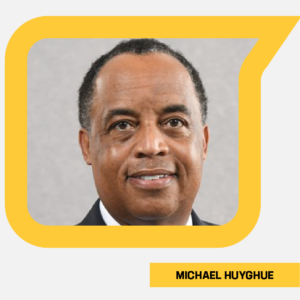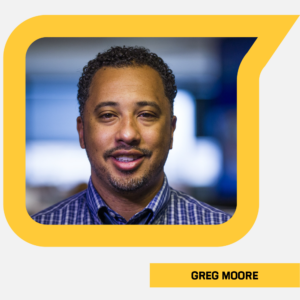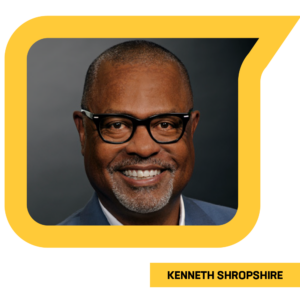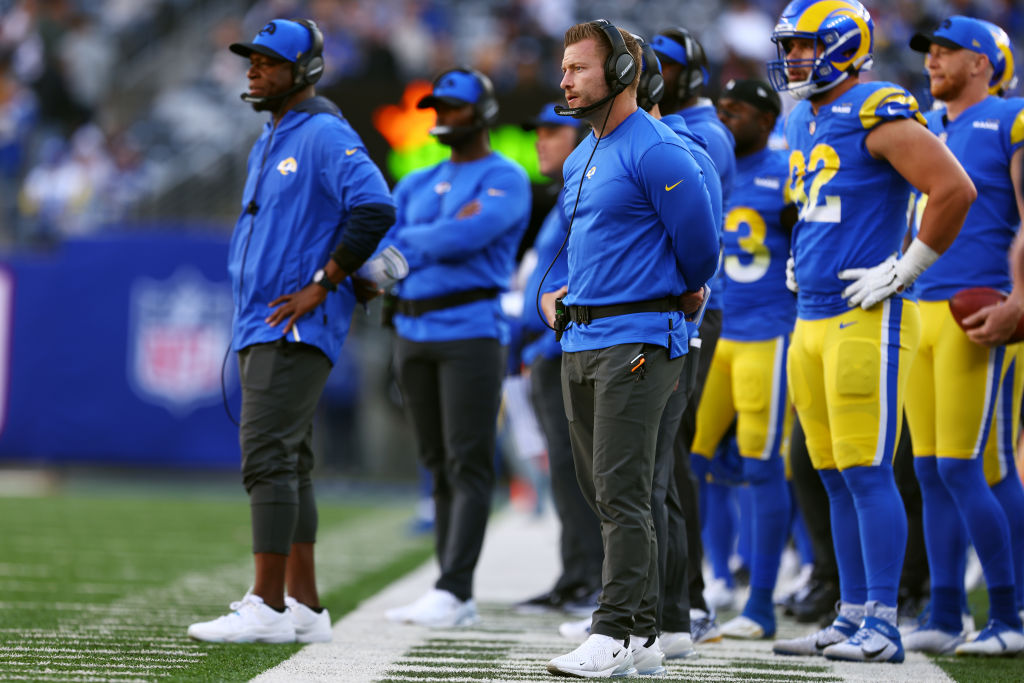GSM Live Insights: Hits & Misses in Sports Leadership
Global Sport Institute CEO Kenneth L. Shropshire and Director of Research Scott Brooks were joined by journalists Greg Moore of the Arizona Republic and Yahoo! columnist Shalise Manza Young, as well as sports lawyer Michael Huyghue to discuss the triumphs and failures of a slowly diversifying sports leadership in recent years, and how the beliefs of fans will impact leagues and teams in the year to come.
Though Global Sport Institute Field Studies over the years have highlighted disparities in hiring and the lack of a pipeline for women and people of Color, some signals of progress and change have reverberated through the industry. What do they tell us about where sport is headed in 2022?
“Because we symbolically think of them as athletes on the team moving up to a coaching position as opposed to leaders/CEOs who can manage teams we then think that they aren’t as equipped in those crisis situations to manage because they’re just former players.”

Michael Huyghue, sports lawyer and former commissioner of the United Football League, explains that there is a discrepancy between White and Black coaches being seen as leaders. Although a vast majority of Black coaches are former players, as opposed to the number of White coaches who have not played professionally, that previous experience may actually be a detriment to Black coaches who are seen as former players and not leaders capable of managing a team.
“I think a big part of the problem, specific to the NFL, is it’s thirty-two separate companies.”

Award-winning sports columnist Shalise Manza Young notes that if the National Football League (NFL) is comprised of thirty-two separate entities operating somewhat independently. Therefore, if the league were to try and implement more stringent rules on hiring, the success of such rulings comes down to the desire and willingness of the team owners to make changes. However, as Michael Huyghue points out, the teams work together on certain issues, like collective bargaining, so it can be argued that even though they are separate companies, they can work together on issues when they choose to do so.
“Black people have to fly to somewhere White people have an opportunity to walk to.”

Greg Moore, a columnist at the Arizona Republic, shares his observations that when it comes to Black coaches and players succeeding, they must excel far beyond their White counterparts for the same opportunities.
“If we only had more African American owners, that would be the answer…the owners can do it [make a change] in an instant.”

Kenneth L. Shropshire, CEO at the Global Sport Institute, explains that it all comes down to the owner. He points out that the easiest solution for greater racial equity is to have more African Americans holding this top position, which would impact hiring all the way down.
Don’t miss our January Digital Issue: Passions and Pitfalls in American Sports Betting
VIEW FULL ISSUE
Scott Brooks leads an insightful discussion with Michael Huyghue, Shalise Manza Young, Gregg Moore, and Kenneth L. Shropshire as these experts of sport discuss the triumphs and failures of a slowly diversifying sports leadership in recent years, and how the beliefs of fans will impact leagues and teams in the year to come.


